In the competitive oral care market, brand reputation and consumer trust hinge on the consistent quality of your products. For brands sourcing OEM or ODM services, particularly in the electric toothbrush sector, performing a manufacturing audit is not just best practice—it’s essential. Conducting a thorough factory assessment helps ensure that your manufacturing partner can meet product, compliance, and timeline expectations. This article outlines a structured approach to auditing factories and conducting effective supplier evaluations to guarantee Electric Toothbrush Manufacturer Quality.
A manufacturing audit is a comprehensive inspection of a potential or existing supplier’s operations, quality management systems, production capacity, and compliance. For electric toothbrush brands, a good audit will assess:
Production consistency and capacity
Process control from raw materials to final packaging
Certifications such as ISO 9001, ISO 13485 (for medical-grade devices), or CE/FDA compliance
Defect rates and internal quality control protocols
A well-executed audit reduces your risk of delayed deliveries, product recalls, or brand damage due to subpar quality.
An effective factory assessment typically includes the following components:
Facility inspection: Evaluate cleanliness, workflow efficiency, and equipment conditions.
Employee training and skill level: Skilled labor is critical in assembling high-precision devices like electric toothbrushes.
Quality assurance systems: Check if the manufacturer has documented SOPs and quality checkpoints in each stage.
Supply chain management: A transparent raw material sourcing strategy can reduce the risk of component shortages or inconsistent input quality.
Traceability systems: Ensure products can be tracked by batch or serial number to isolate potential quality issues.
This structured assessment directly reflects on the manufacturer’s ability to deliver consistent, high-quality output.
A successful supplier evaluation goes beyond equipment and facilities—it also considers management mindset and scalability. Here are criteria to prioritize:
Experience in the oral care industry: Manufacturers with proven expertise in electric toothbrushes understand the technical and regulatory challenges of the sector.
Communication and transparency: Responsive communication and openness to audits indicate a reliable partnership.
Scalability: The factory should have the capacity to grow with your brand, whether you need a pilot run or full mass production.
Innovation capabilities: Does the supplier offer R&D support or customization services to meet market trends?
Proper supplier evaluation ensures alignment on both quality standards and business objectives.
One-time audits are not enough. To consistently ensure Electric Toothbrush Manufacturer Quality, periodic re-audits and ongoing monitoring are essential:
Regular site visits: Revisit facilities every 6–12 months to verify continued compliance and detect early signs of quality drift.
Performance reviews: Evaluate defect rates, lead times, and responsiveness over time.
Third-party audit support: Leverage certified auditing firms for an unbiased evaluation if your team lacks in-house capabilities.
Long-term factory partnerships require vigilance to maintain high production standards as demand or complexity increases.
Choosing the right manufacturing partner is one of the most critical decisions an oral care brand will make. A structured factory assessment, supported by in-depth supplier evaluation and ongoing manufacturing audits, is essential to ensuring Electric Toothbrush Manufacturer Quality. By committing to a thorough audit process, your brand safeguards product reliability, regulatory compliance, and customer satisfaction—all while building a strong foundation for growth in a competitive global market.
.jpg)
Battery Drain and Compatibility Issues Triggering Claims?
.jpg)
App Connected Toothbrush | Smarter Dental Care
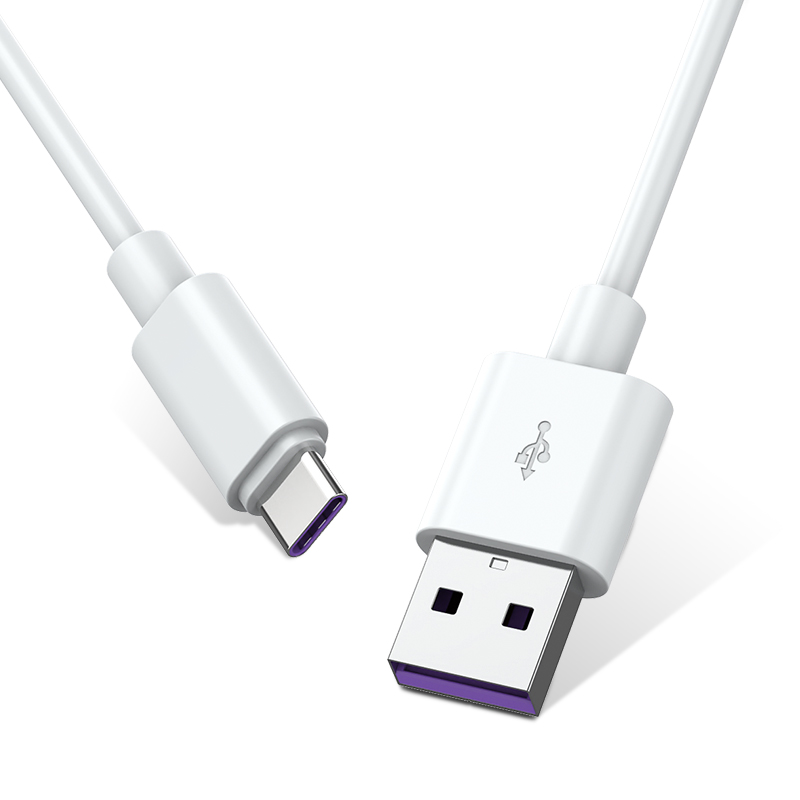
Fast Chargers & Electric Toothbrushes: A Manufacturer’s Technical Insight

8 Must-Have Features for Dental Water Flosser
.jpg)
Electric Toothbrush with Competitive Features for Global Buyers
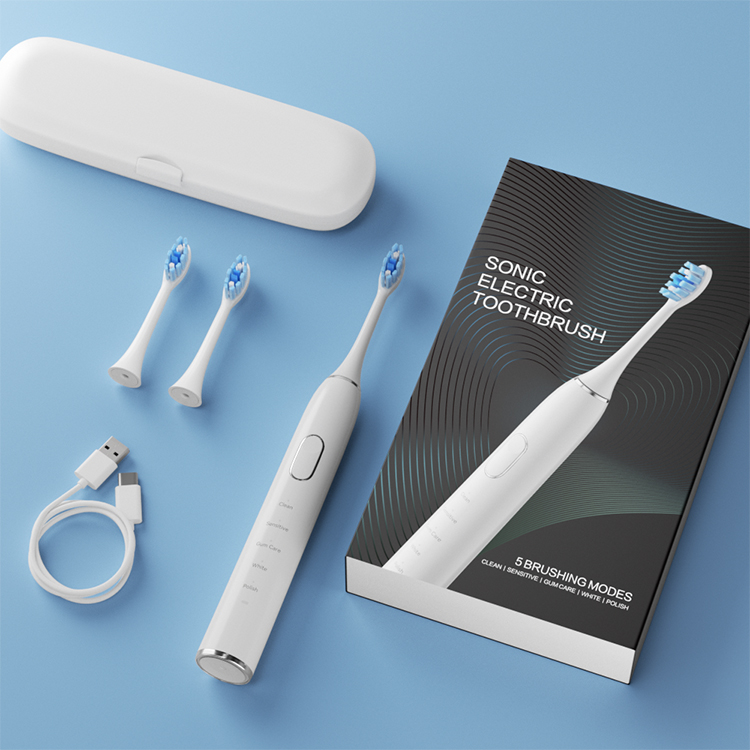
Why is Water Tank Molding critical for the stability of a Pressure Control System in flossers?

How Does a Pressure Sensor Protect Gums?
.jpg)
Electric Toothbrush Packaging Customization for OEM & ODM Brands
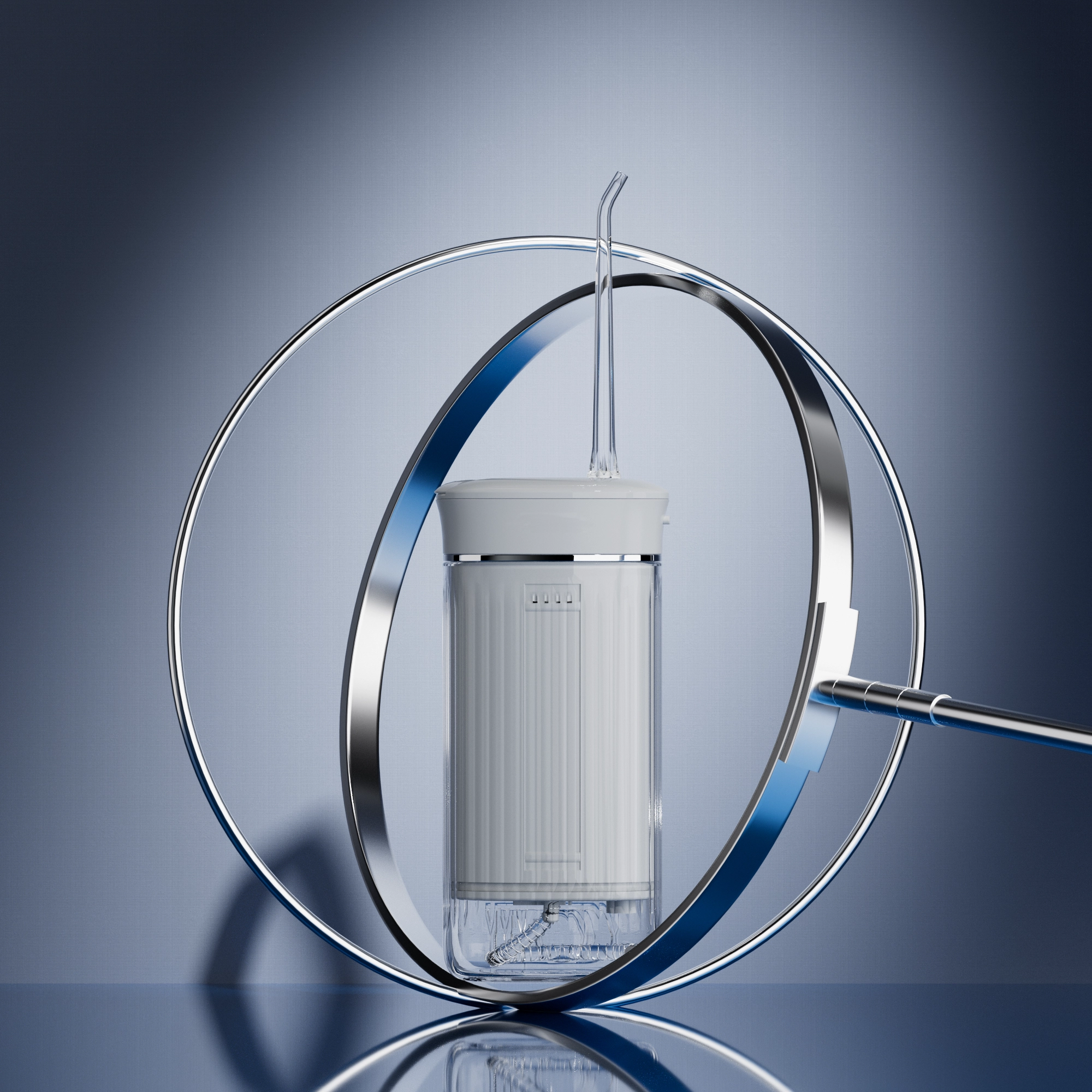
The OEM Process of Water Flossers
.jpg)
Allergic Reactions After Pulp Irritation – Coincidence?
.jpg)
How Do Bristle Deformation and Nozzle Clogging Affect Oral Cleaning?
.jpg)
Essential points to entering oral care market in Southeast Asia
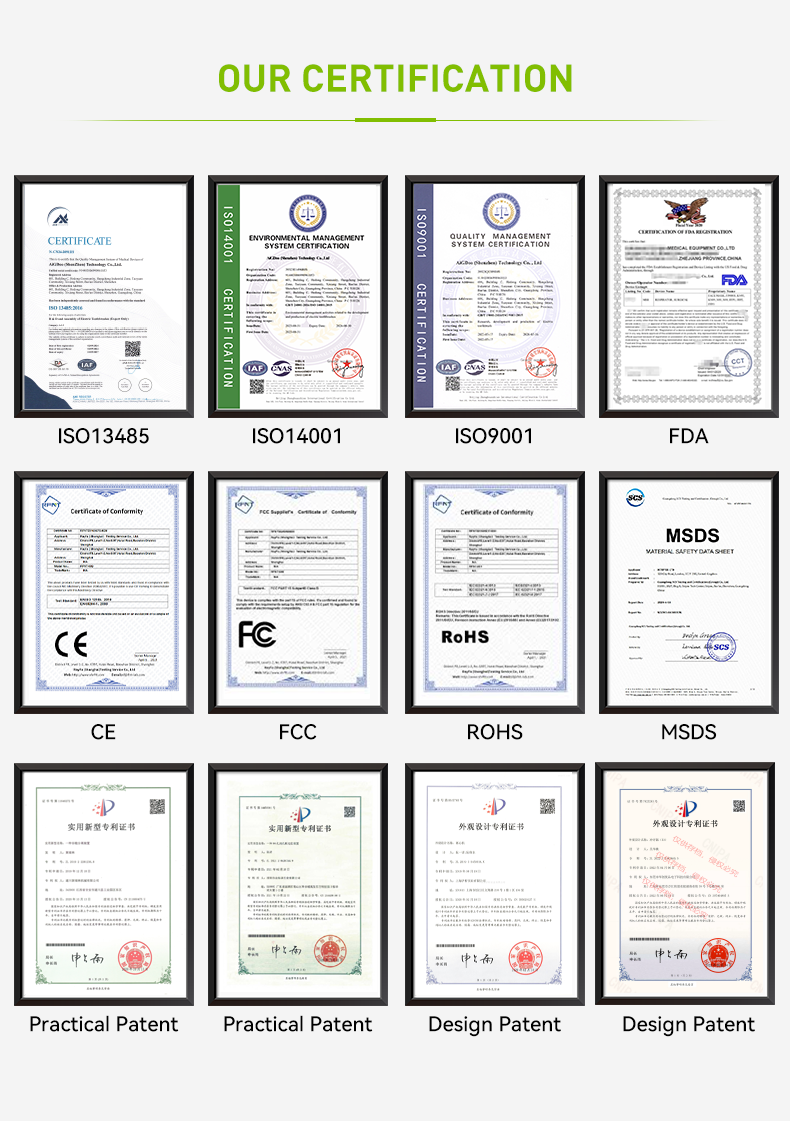
Does Your Contract Manufacturing Agreement Include Mold Development Service?
.jpg)
Before or After Brushing? Solving the Water Flosser Sequence for Your OEM Brand
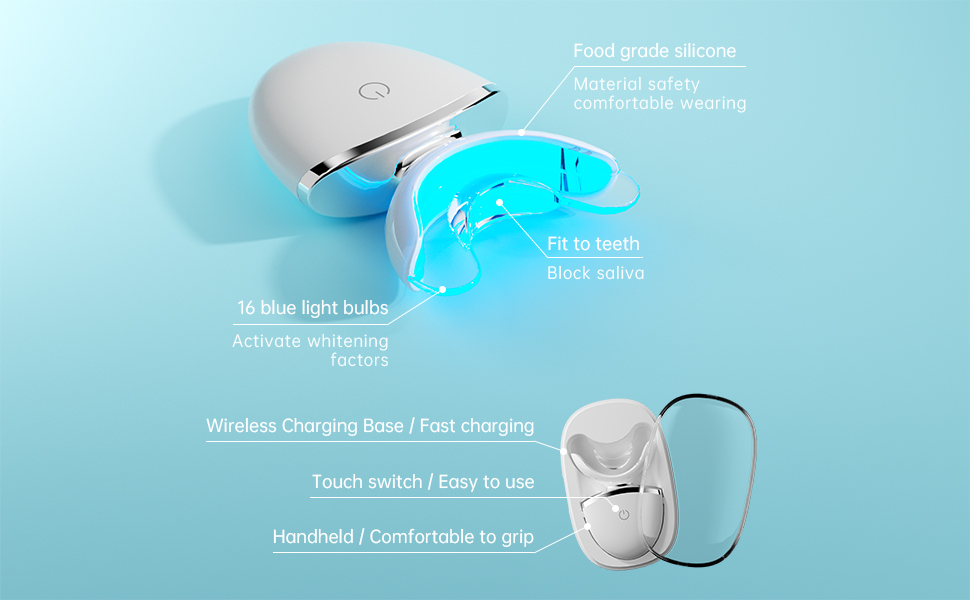
Affordable Innovation: Unlocking OEM LED Teeth Whitening Kit Costs for Your Brand
.jpg)
Enamel Scratching from Gum Irritation – Reversible?